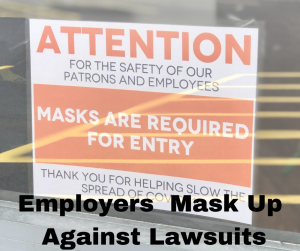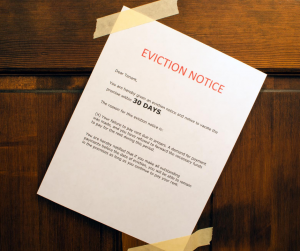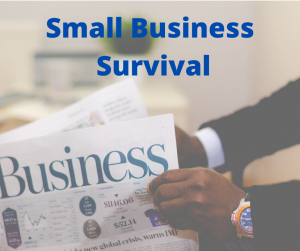 The Supreme Court decided two years ago in Carpenter v. United States that the Fourth Amendment requires police to obtain a warrant, in most circumstances, to access GPS location information spanning seven days or more from a cell phone user. Prior to that decision, the court had held that voluntarily providing this information to third parties like technology companies did not have Fourth Amendment protections and thus litigants did not have any reasonable expectation of privacy.
The Supreme Court decided two years ago in Carpenter v. United States that the Fourth Amendment requires police to obtain a warrant, in most circumstances, to access GPS location information spanning seven days or more from a cell phone user. Prior to that decision, the court had held that voluntarily providing this information to third parties like technology companies did not have Fourth Amendment protections and thus litigants did not have any reasonable expectation of privacy.
Although the court majority labeled the decision “narrow,” it nonetheless led to questions about where else Fourth Amendment protections might be applied in future decisions related to various forms of technology. Dissenting Justice Samuel Alito predicted the decision “guarantees a blizzard of litigation.”
While Justice Alito was correct that some new cases have come forward, but for the most part lower courts have followed the contours of the Carpenter decision when asked whether users can be granted Fourth Amendment protection for such non-content data as financial and billing records, IP addresses, subscriber records, and lists of devices that accessed a wireless network. Most recently, in June, the First Circuit Court of Appeals overturned a lower court ruling granting Fourth Amendment protection to eight months’ worth of video feed recorded by a pole camera, labeling this a “conventional surveillance technique” and thus not analogous to collection of cell-site location data.
 Chicago Business Attorney Blog
Chicago Business Attorney Blog











